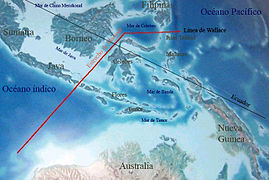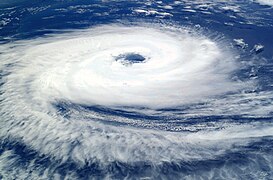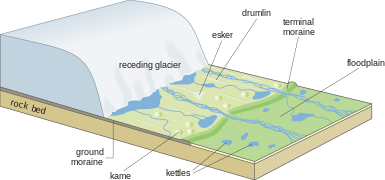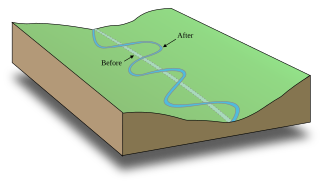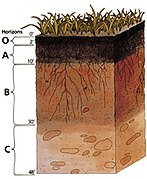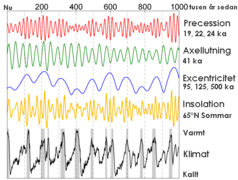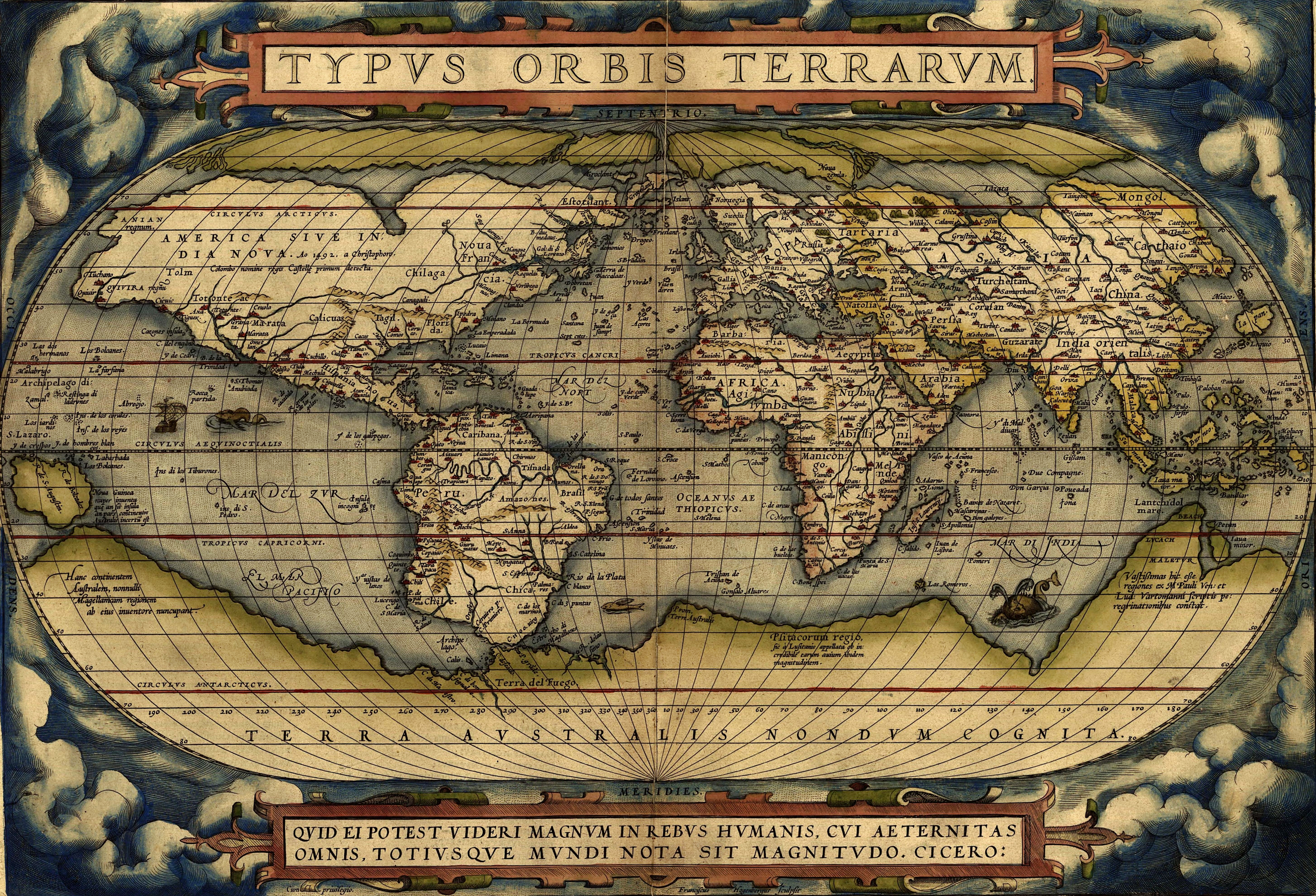
Geography
Geography (from Ancient Greek γεωγραφία geōgraphía; combining gê 'Earth' and gráphō 'write') is the study of the lands, features, inhabitants, and phenomena of Earth.[1] Geography is an all-encompassing discipline that seeks an understanding of Earth and its human and natural complexities—not merely where objects are, but also how they have changed and come to be. While geography is specific to Earth, many concepts can be applied more broadly to other celestial bodies in the field of planetary science.[2] Geography has been called "a bridge between natural science and social science disciplines."[3]
For other uses, see Geography (disambiguation) and Geo (disambiguation).
Origins of many of the concepts in geography can be traced to Greek Eratosthenes of Cyrene, who may have coined the term "geographia" (c. 276 BC – c. 195/194 BC).[4] The first recorded use of the word γεωγραφία was as the title of a book by Greek scholar Claudius Ptolemy (100 – 170 AD).[1] This work created the so-called "Ptolemaic tradition" of geography, which included "Ptolemaic cartographic theory."[5] However, the concepts of geography (such as cartography) date back to the earliest attempts to understand the world spatially, with the earliest example of an attempted world map dating to the 9th century BCE in ancient Babylon.[6] The history of geography as a discipline spans cultures and millennia, being independently developed by multiple groups, and cross-pollinated by trade between these groups. The core concepts of geography consistent between all approaches are a focus on space, place, time, and scale.[7][8][9][10][11][12]
Today, geography is an extremely broad discipline with multiple approaches and modalities. There have been multiple attempts to organize the discipline, including the four traditions of geography, and into branches.[13][3][14] Techniques employed can generally be broken down into quantitative[15] and qualitative[16] approaches, with many studies taking mixed-methods approaches.[17] Common techniques include cartography, remote sensing, interviews, and surveying.
The uncertainty principle: "That the geographic world is infinitely complex and that any representation must therefore contain elements of uncertainty, that many definitions used in acquiring geographic data contain elements of vagueness, and that it is impossible to measure location on the Earth's surface exactly."
[51]
Physical geography can be divided into many broad categories, including:
Analytical – Asks why we find features and populations in a specific geographic area.
Descriptive – Simply specifies the locations of features and populations.
Regional – Examines systematic relationships between categories for a specific region or location on the planet.
Systematic – Groups geographical knowledge into categories that can be explored globally.
(Born 1957) – influential in the use of GIS and geographic methods in History.
Anne Kelly Knowles
(1889–1975) – cultural geographer.
Carl O. Sauer
(1779–1859) – occupied the first chair of geography at Berlin University.
Carl Ritter
– originator of map algebra
Dana Tomlin
(1944–2016) – scholar in the space and places of globalization and its pluralities; winner of the Vautrin Lud Prize.
Doreen Massey
(1863–1932) – first female president of the Association of American Geographers.
Ellen Churchill Semple
(c. 276–c. 195/194 BC) – calculated the size of the Earth.
Eratosthenes
(1916–1996) – influential in computer cartography and thematic mapping
George F. Jenks
(born 1943) – cartographic theorist who wrote numerous books contributing to Geographic Information Systems.
Mark Monmonier
(born 1962) – contributed significantly to the use of GPS and real-time mapping within GIS
Mei-Po Kwan
(born 1944) – GIScience scholar and winner of the RGS founder's medal in 2003.
Michael Frank Goodchild
(Arabic: أبو عبد الله محمد الإدريسي; Latin: Dreses) (1100–1165) – author of Nuzhatul Mushtaq.
Muhammad al-Idrisi
(1845–1918) – founder of the French school of geopolitics, wrote the principles of human geography.
Paul Vidal de La Blache
(64/63 BC – c. AD 24) – wrote Geographica, one of the first books outlining the study of geography.
Strabo
(1850–1934) – father of American geography and developer of the cycle of erosion.
William Morris Davis
(1930–2022) – Chinese-American scholar credited with starting Humanistic Geography as a discipline.
Yi-Fu Tuan
(Slovenia)
Anton Melik Geographical Institute
(international)
Gamma Theta Upsilon
(Pakistan)
Institute of Geographical Information Systems
(International)
International Geographical Union
(United States)
National Council for Geographic Education
(Canada)
Royal Canadian Geographical Society
(Denmark)
Royal Danish Geographical Society
(Russia)
